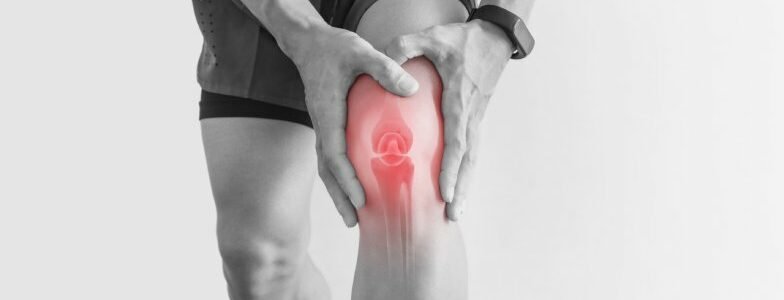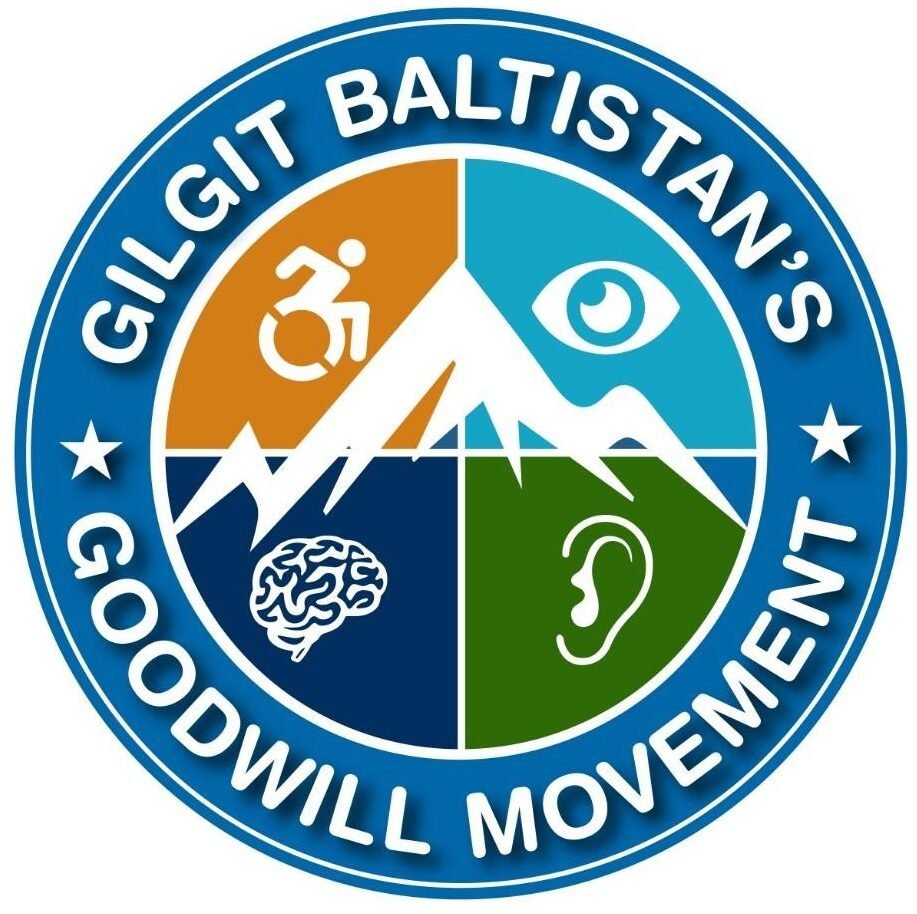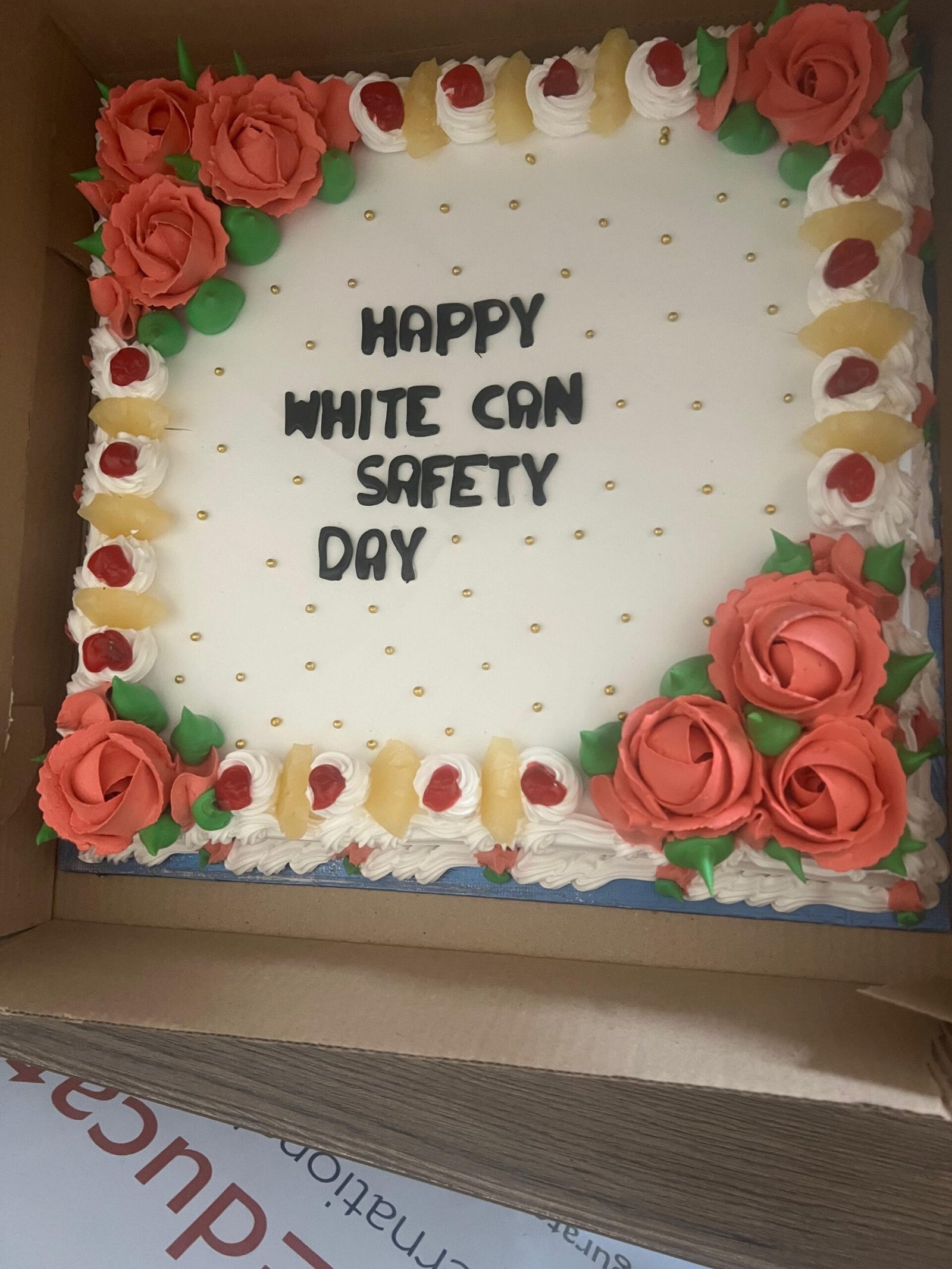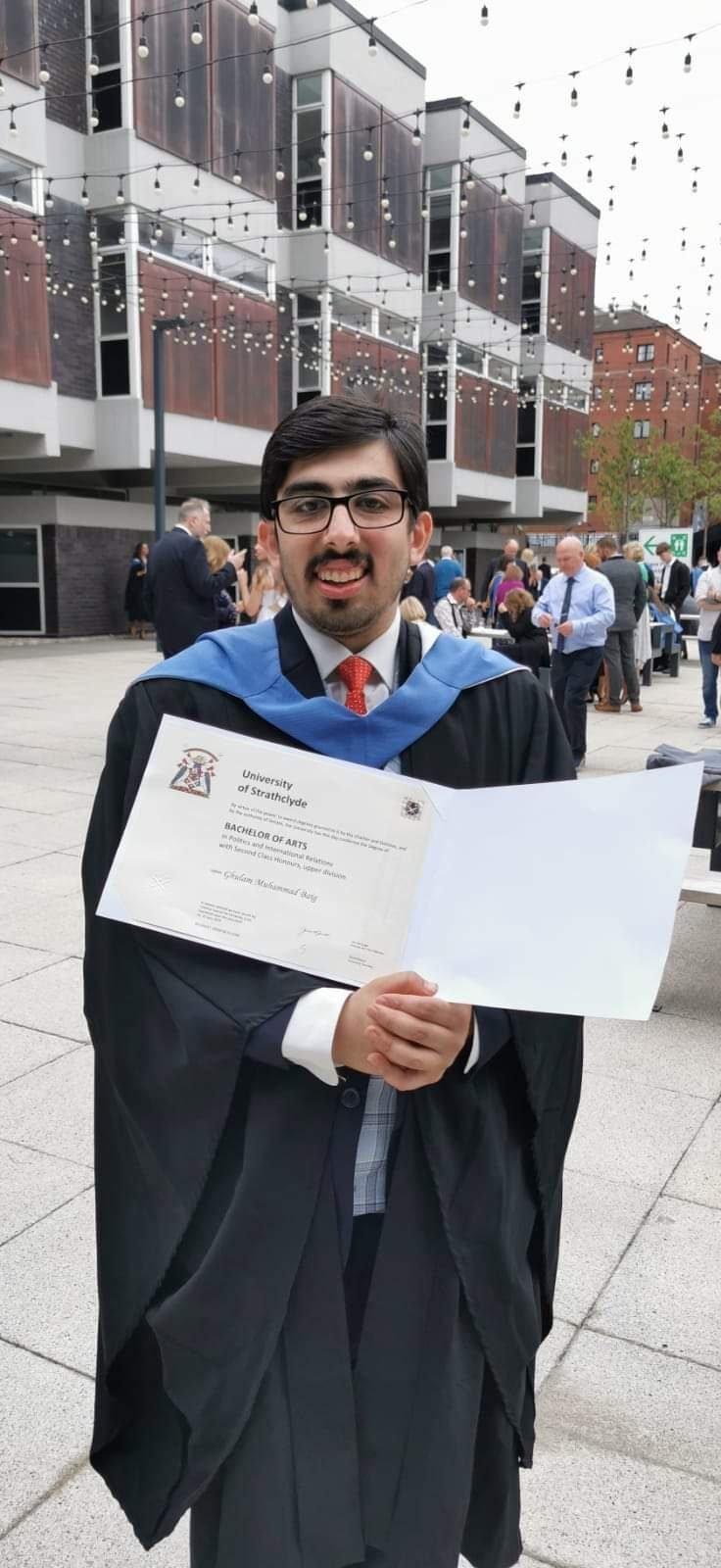Tag: gilgit baltistan
Can You See Us? Breaking the Walls of Exclusion in Gilgit-Baltistan
Stop for a moment and picture the mountains here in Gilgit-Baltistan. They are stunning, right? But sometimes, behind that incredible beauty, there is a heavy silence the silence of a community that feels forgotten.
I’m talking about our Persons with Disabilities (PWDs). For them, life is not just about the natural hardship of living in the mountains it’s about a constant, grinding battle against a world that simply was not built for them.
It’s More Than Just a Lack of Ramps. It’s About Dignity.
Imagine trying to live your life when every public space the school, the bank, the clinic is a barrier.
It’s heartbreaking: there are virtually no accessible facilities. No ramps, no suitable bathrooms, and no easy way to get around. This is not just an inconvenience it’s an invisible wall that shouts, “You don’t belong here.” Our friends and neighbors are not disabled by their conditions they are disabled by our society.
And the struggle does not end there:
- No Education, No Future: Many kids can not get an education because local schools are not set up to help them. Without skills, without a degree, they have no hope of a job. They are trapped, and their entire family suffers with them.
- Laws That Don’t Matter: We have laws on the books that promise rights, jobs, and protection, but they are empty words. They are not enforced, and so the people who need them most are left vulnerable, with nowhere to turn.
The Gilgit-Baltistan’s Goodwill Movement: We Won’t Let Them Be Forgotten
That’s why the Gilgit-Baltistan’s Goodwill Movement (GBGM) exists. We are led by people who have lived this struggle, and our mission is simple: We want to make sure every single person here is treated with dignity, has equal opportunity, and can live a full life.
We are not just giving out charity we are investing in human potential.
- Real Skills, Real Jobs: We provide free training teaching digital skills, crafts, and trades. We are turning helplessness into hope, and dependency into self-respect.
- Essential Lifelines: We pay for the things that are too expensive for families to afford: crucial medicines, healthcare support, and devices like wheelchairs, white canes and hearing aids that are literally life changing.
- Our Voice, Their Rights: We are constantly fighting and advocating. We stand up to authorities, demanding that the laws meant to protect PWDs are finally put into action.
This Is Where You Come In. This Is Your Chance to Help.
When you support GBGM, you are not just clicking a “donate” button. You are personally lifting the weight off someone’s shoulders.
You are giving a student a chance to learn. You are giving an artist a way to earn a living. You are giving a family the comfort of knowing their loved one will get the medicine they need.
We can not change the whole world overnight, but together, right here in Gilgit-Baltistan, we can change everything for the people who need us most.
join our movement. Help us break these chains of exclusion and prove that goodwill is not just a kind thought it is an action that saves lives.
The Forgotten Pain

Ramadan is more than hunger and thirst. It is more than the ritual of abstaining from food and drink from dawn to dusk. While fasting has been practiced for millennia—across civilizations, religions, and cultures—Ramadan carries a deeper essence for Muslims. It is a time of reflection, self-purification, and, above all, truth.
Yet, truth is not always comfortable. It is not always easy. In our communities, we often find ways to sidestep it, to veil it in pleasantries, or to ignore it altogether. But Ramadan calls us to something higher. It reminds us that fasting is not just about the body but also about the soul—about cleansing our intentions, confronting our shortcomings, and speaking with honesty even when it is difficult.
Truth in Speech and Action
The Prophet Muhammad (peace be upon him) taught that fasting is incomplete without guarding one’s tongue from falsehood, slander, and harmful speech. Yet, how often do we see silence in the face of injustice? How often do we turn a blind eye to the struggles of the vulnerable—the poor, the disabled, the oppressed—because it is easier than speaking out?
Fasting from food is simple; fasting from dishonesty, hypocrisy, and indifference is far harder. Ramadan demands that we examine not just what we consume but also what we say, what we do, and what we ignore. It demands that we speak the truth, even when it is uncomfortable.
Beyond Ritual: The Purpose of Fasting
Every civilization has known fasting in some form. Ancient Egyptians fasted in reverence to their gods. Greeks fasted for purification. Hindus, Buddhists, and Jews all observe fasts as acts of devotion. Islam, too, commands fasting—but with an emphasis on inner transformation.
The Qur’an states:
“O you who have believed, fasting has been prescribed for you as it was prescribed for those before you, so that you may attain taqwa (God-consciousness).” (Qur’an 2:183)
If fasting is meant to bring us closer to God, then surely it must bring us closer to truth as well. What good is an empty stomach if the heart is full of deceit? What good is abstaining from food if we do not abstain from injustice?
The Forgotten Pain
Once we were strangers, weary and worn,
Crossing the seas, through nights forlorn.
We sought refuge, a place to stand,
In lands that offered a helping hand.
Once we knew hunger, once we knew cold,
The weight of injustice, stories untold.
Yet now in comfort, we turn away,
From those in shadows, left to fray.
The disabled cry, yet who will hear?
Their struggles met with hollow cheer.
Do our prayers rise while they still weep?
Can we find peace while sorrow runs deep?
Do we not recall, in distant lands,
How weakness trembled in trembling hands?
How doors were shut and roads were steep,
How voices cracked, too hurt to speak?
Once, our feet were shackled tight,
By poverty’s chain, by endless plight.
We knocked on doors, we begged for aid,
Now, do we leave the weak betrayed?
The blind, the broken, those cast aside,
Their pain remains, though ours has dried.
Shall we forget the mercy shown,
And let their suffering turn to stone?
O you who walked the path of pain,
How can you now let it remain?
The weak, the weary—do not ignore,
For mercy fades when hearts go sore.
Shall we live in peace while they endure,
A world unkind, a fate unsure?
No, rise once more with hands that heal,
For faith is love, and love is real.
For what is faith, if not to care?
To lift the burden, to stand and share.
Let us not rest while one still cries,
For justice sleeps when kindness dies.
The Courage to Speak, the Will to Act
In our communities, silence is often mistaken for peace. We avoid speaking difficult truths out of fear—fear of judgment, fear of confrontation, fear of change. But Ramadan is not a month of fear. It is a month of courage, of standing firm in righteousness, of breaking not just our fasts at sunset but breaking the cycles of dishonesty and complacency that hold us back.
Truth is not always grand; sometimes, it is as simple as acknowledging our own faults. It is as simple as listening to those we have ignored, supporting those who suffer, and standing up for justice even when it is inconvenient.
So this Ramadan, let us fast in the fullest sense—not just from food and drink, but from falsehood and silence. Let us embrace truth, speak it with sincerity, and live by it with conviction. For a fast without truth is only hunger, but a fast with truth is transformation.
Empowering Voices: Hope for the Voiceless in Our Communities
Empowering Voices: Hope for the Voiceless in Our Communities
In a world where many individuals still face barriers to inclusion, a profound and thought-provoking article on Simerg titled “The Straight Path and the Disabled: Hope in the Voiceless Community” invites us to reflect on the challenges experienced by differently-abled individuals and our collective role in empowering them.
This article highlights how compassion, inclusivity, and understanding can transform lives, build unity, and foster hope for those who are often left unheard. As members of a global community, we share a responsibility to create environments where everyone—regardless of ability—can thrive.
📖 Read the full article here: https://t.ly/shortened-link
As we continue to advocate for inclusion and equality, this article serves as an inspiring reminder of the power of hope and collective action. Let us work together to make a difference—starting with awareness, dialogue, and empathy.
Join the Conversation
We’d love to hear your thoughts! How can we, as individuals and as a community, better support differently-abled individuals? Share your comments below or get in touch with us to collaborate on initiatives that foster inclusivity and empowerment.
📩 Contact Us: www.gbgoodwillmovement.com
📱 Follow Us on Social Media: https://www.facebook.com/GBGWM
Working with Donors – Challenges and diffculties
Working with Donors: Challenges and Difficulties
Engaging with donors is vital for non-profit organizations, as they provide the financial foundation necessary to drive meaningful change. However, working with donors often comes with its own set of challenges, requiring careful planning, persistence, and the ability to align their interests with the mission of the organization.
When I started the Gilgit Baltistan’s Goodwill Movement, the primary objective was to create a platform that could effectively engage donors and rally support for a greater cause: empowering marginalized communities, especially those with disabilities, in one of the most remote and underserved regions of Pakistan. The mission was born out of the realization that the existing support systems were inadequate and that sustainable change could only be achieved through collective responsibility and the involvement of compassionate contributors.
While supporting individuals like Amjad and many others facing daily struggles, I witnessed firsthand the transformative power of donor engagement. Every contribution, no matter how small, became a lifeline for individuals who had lost hope. However, the journey was not without hurdles.
Establishing trust with donors required consistent transparency, accountability, and storytelling that highlighted the real impact of their contributions. At the same time, navigating cultural differences, limited resources, and the logistical challenges of working in a geographically isolated area often tested the resilience of the movement.
Yet, these challenges also underscored the importance of perseverance and the need for innovative approaches to donor engagement. By creating awareness through social media campaigns, fostering personal connections, and demonstrating measurable outcomes, the movement was able to inspire a growing network of supporters dedicated to uplifting the disabled community in Gilgit Baltistan.
In reflecting on this journey, it’s clear that the heart of donor engagement lies in shared values and the belief that even the smallest acts of generosity can create ripples of change.
To address this, it became clear that transforming the Gilgit Baltistan Goodwill Movement into a formal registered charity was essential. Establishing a structured and transparent framework would not only enhance credibility but also provide donors with the assurance that their contributions were being managed responsibly and effectively. A formal charity would allow us to implement rigorous accountability measures, present detailed financial reports, and demonstrate the tangible impact of their support on the ground.
This realization marked a pivotal moment for the movement. By transitioning into a formal entity, we aim to bridge the trust gap, foster stronger donor relationships, and attract sustainable funding for our initiatives.
The Straight Path and Disabled: The Hope in the Voiceless Community
The Straight Path: A Journey Toward Justice, Compassion, and Inclusion
The concept of the “Straight Path” (Sirat-al-Mustaqeem) embodies a journey guided by justice, compassion, and equity—principles that call us to reflect on our collective responsibility to care for the most vulnerable in society. This path transcends individual growth, focusing on creating a community where everyone is uplifted and included. Yet, in the hustle of modern life, absorbed by fleeting distractions, we often lose sight of those left behind: the elderly, the disabled, and the sick. While many indulge in comfort, countless others struggle in silence.
Understanding Suffering
Suffering evokes images of famine, poverty, or war—often tied to distant regions like Africa. Yet suffering also exists in less visible, equally profound forms. In Gilgit-Baltistan, particularly in the Hunza and Yasin areas, disabled individuals live on society’s margins, yearning for dignity and inclusion. Their voices—pleas for opportunity—are often drowned by indifference. My connection to this issue deepened during my time at a community college and further intensified during the COVID-19 pandemic, as I reflected on societal norms around disability.
While certain regions in Gilgit-Baltistan have seen development through community initiatives, much remains to be done. The progress, though commendable, pales compared to the inclusivity and accessibility many of us in developed nations often take for granted.
Our Mission: The Gilgit-Baltistan Goodwill Movement (GBGM)
Through GBGM, we strive to bridge these gaps. Our mission is to create opportunities, advocate for the rights of disabled individuals, and ensure no one is forgotten. Rooted in the values of justice, compassion, and equity, our initiatives include:
- Vocational and Life Skills Training: Free programs empowering individuals to lead independent lives.
- Assistive Devices: Providing wheelchairs, hearing aids, and essential mobility tools.
- Healthcare Support: Facilitating access to free medicines and personalized care.
- Financial Aid: Addressing economic challenges by offering support for food and shelter.
- Advocacy and Awareness: Eliminating stigmas through community outreach and campaigns.
Visit www.gbgoodwillmovement.com to explore stories of resilience and transformation.
Challenges and the Way Forward
Despite progress, significant obstacles remain:
- Infrastructure Gaps: Public spaces lack accessibility for disabled individuals.
- Educational Barriers: Inclusive education opportunities are scarce.
- Healthcare Inequities: Quality, affordable healthcare remains a luxury.
- Stigma: Deep-rooted prejudices marginalize disabled individuals further.
Overcoming these challenges requires collective action and a commitment to shared humanity.
A Call to Action
Returning to the West, I hoped the lessons from the social care sector would inspire widespread support. While some have stood by us, many responses have been minimal. This underscores a pressing need: to foster connection, understanding, and action.
Imagine the loneliness of being unseen, the despair of being unheard, and the pain of being forgotten. Now, imagine that world being yours. If you can’t walk in our shoes, at least walk beside us. Offer a hand, a voice, or a moment of empathy.
Your support—whether through donations, volunteering, or spreading awareness—can transform lives. Together, we can pave the way toward a compassionate, inclusive society where everyone thrives.
The “Straight Path” requires every strand of society to unite, each bringing its unique strengths. Just as a plumber and surgeon serve vital yet distinct roles, each of us has a part in building inclusivity. Let us ensure that no voice goes unheard, no individual unseen, and no life unlived to its fullest potential.
Join us at www.gbgoodwillmovement.com
This streamlined version emphasizes clarity while preserving the inspirational tone and critical message.
White Cane Day
In a remarkable celebration of International White Cane Safety Day, we joined hands with Karakoram International University’s Department of Education to raise awareness about accessibility and safe mobility for the visually impaired.
This event stands as a testament to our commitment to empowering visually impaired individuals in navigating safely and confidently through the world around them. Those who are blind by birth are the navigators of society, than those who choose to be in sociopolitical chaos.
The day was filled with engaging awareness sessions and interactive discussions, shedding light on the importance of inclusivity and the daily realities faced by those with visual impairments. A heartfelt thank you to Doctor Qutoshi, Doctor Hadi Haideri, and our dedicated volunteers and participants who made this event possible.
Join us in the journey to promote accessibility and inclusivity for all in Gilgit-Baltistan!
#InternationalWhiteCaneSafetyDay #GilgitBaltistanGoodwillMovement #AccessibilityMatters #EmpowermentThroughEducation #InclusiveGB

Being Helpless : A rational Choice to Abuse in Society?
Are disabled people abused in society?
To understand this better, we can apply the analytical lens of political scientist Mancur Olson, who explored the concept of “abuse” as a factor influencing societal behavior. Olson’s work focuses on how individuals and groups operate within systems of power and how these systems impact their opportunities and well-being through rational choice.
In Olson’s framework, abuse can be seen as a manifestation of power imbalances within a society. When we broaden the term “abuse,” it encompasses more than just direct mistreatment; it also includes the subtle, systemic power relations that disadvantage certain groups. Abuse, in this context, is not just about overt harm but also about the lack of access to resources and opportunities, which reflects a deeper power disparity.
For many disabled individuals and those living in poverty, this power imbalance becomes evident. They often lack the same access to resources, social networks, and opportunities as those who are more privileged. This disparity is not merely an individual failing but a reflection of systemic issues where power and resources are unevenly distributed.
Using Mancur Olson’s perspective, he suggests that the state of being “helpless” is deeply entwined with these power relations, as it is rational and logical not to change things and keep the status quo (see Olson’s 1967 The Logic of Collective Action)
It highlights that what we often perceive as individual weakness or dependency can be a consequence of broader societal dynamics. In this light, the helplessness of the disabled and impoverished is not solely an individual condition but a symptom of the larger societal structures that fail to provide equal opportunities and support.
The question then arises, why do we like to abuse the disabled, the poor, the weak etc? Is it not time that we wake up and resolve this?
Ecology and disability
The Importance of Cleanliness and Our Responsibility
The video displayed on the screen is not from a distant or unfamiliar place, but from the beautiful region of Gilgit, a place that holds a special place in our hearts. It is disheartening to see this beloved area marred by heaps of dirt and garbage scattered everywhere. This issue is not due to a lack of sanitation arrangements by the government; in fact, the government has made commendable efforts to ensure excellent sanitation services. The root of this problem lies in our own attitudes and behaviors towards cleanliness.
Government Efforts and Community Negligence
The government has implemented robust measures to maintain cleanliness, including regular garbage collection and provision of adequate sanitation facilities. Garbage vehicles frequent the roads daily, yet the streets remain littered with waste. This negligence is particularly glaring in areas near institutions dedicated to the welfare of people with special needs. One such institution, established and managed by differently-abled individuals, aims to empower people with special needs by teaching them various skills. Despite the noble work being done inside, the surrounding area is often cluttered with garbage.
Cleanliness: A Shared Responsibility
Cleanliness is not just the government’s responsibility; it is a shared duty that requires active participation from every citizen
1. Health Benefits
Clean environments significantly reduce the risk of diseases. Garbage can become a breeding ground for harmful bacteria, viruses, and pests, which pose severe health risks to the community. Proper waste disposal and maintaining clean surroundings help prevent the spread of infections and contribute to better public health.
2. Environmental Impact
Littering and improper waste management harm the environment. Pollution from garbage affects wildlife, contaminates water sources, and degrades the natural beauty of our surroundings. By ensuring proper waste disposal, we protect our environment and preserve the ecological balance for all beings.
3. Social Responsibility
Maintaining cleanliness is a reflection of our respect for our surroundings and our fellow citizens. It demonstrates our commitment to community welfare and quality of life. Clean streets and public spaces create a pleasant and healthy environment for everyone, enhancing the overall standard of living.
Visit to Goodwill By KIU Officials of the Speical Education, Gilgit
Building Upon That,
KIU’s Special Education Department’s students and teachers visited Gilgit Baltistan’s Goodwill Movement, and we were thrilled to host them!
Our team conducted a session on Special Education, highlighting the importance of inclusive learning and our ongoing projects dedicated to empowering individuals with disabilities.
This session involved:
- A lecture from Mustafa Kamal on Braille.
- A lecture from Ali Ahmed on IT skills.
- A lecture from Farhan Baig and Mehwish Sarwar on Inclusion Awareness.
In the coming months, we will run one-on-one sessions with the students to further inclusive education in the Gilgit region and city.



Overseas Pakistanis and inclusion.
On Tuesday, June 25th, 2024, Ghulam Baig, the CEO of Gilgit Baltistan’s Goodwill Movement, celebrated a remarkable achievement by graduating with a BA Honours in Politics and International Relations from The University of Strathclyde in Glasgow, UK. This milestone is particularly significant as Baig becomes the first disabled person from Gilgit Baltistan, Pakistan to graduate from this prestigious institution.
Baig expressed immense pride and gratitude for this achievement, noting that being the first disabled person to graduate from The University of Strathclyde is a great honor. In his conversation with Goodwill Movement, he highlighted the personal and collective significance of this accomplishment. Baig’s journey, however, underscores a broader issue that requires attention: the support and recognition of disabled individuals within Pakistan.
Why must such assets prove themselves at an international level before being appreciated locally?” Baig questioned.
His experiences reflect the challenges and triumphs of the disabled community, emphasizing the need for greater inclusion and support within Pakistan. Baig’s success story serves as both an inspiration and a call to action, urging society to come together and create a more inclusive environment that recognizes and nurtures the potential of all its members, regardless of physical abilities.
This poignant inquiry sheds light on the broader systemic issues faced by the disabled community in Pakistan. Despite their immense potential and talent, individuals with disabilities often find themselves overlooked and underappreciated within their local contexts. This lack of recognition not only undermines their abilities but also perpetuates a cycle of marginalization and limited opportunities.
Several factors contribute to this issue. Cultural perceptions and stigmas associated with disability play a significant role in limiting opportunities for disabled individuals. Many communities in Pakistan still view disability through a lens of pity and charity rather than empowerment and capability, which is not been reduced by the overseas community. This outdated perspective often leads to disabled individuals being underestimated and their potential overlooked.
Furthermore, the lack of accessible infrastructure and inclusive education systems exacerbates the problem. Educational institutions in Pakistan frequently lack the necessary resources and support systems to accommodate disabled students, thereby limiting their educational and professional prospects.
In addressing these challenges, the role of overseas Pakistanis becomes crucial. The Pakistani diaspora, particularly those who have achieved success and recognition abroad, have a responsibility to contribute to the betterment of their homeland. They possess the resources, influence, and global perspective needed to drive meaningful change.
Instead of being overly political with supporting a certain individual, Overseas Pakistanis can also leverage their experiences and networks to advocate for better policies and practices that support disabled individuals. That is the true meaning of Pakistan.



![WhoCares_BlackRed1[1]](https://gbgoodwillmovement.com/wp-content/uploads/2024/08/WhoCares_BlackRed11-1052x406.gif)


